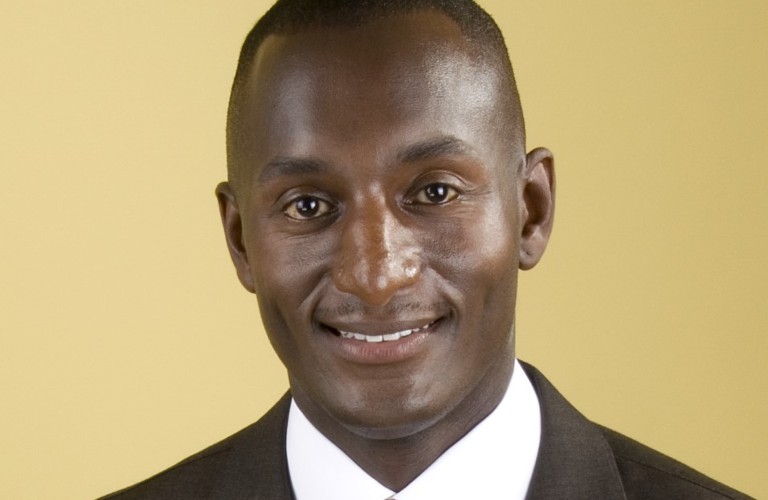
Camden Superintendent Will Close Three Schools, Not Four, Despite Teachers Union Tactics
March 6, 2021
Gov. Murphy Can Support Black and Brown Families by Supporting Charter Schools, Says Newark Business Leader
March 8, 2021NJ State Board of Ed Member Andrew Mulvihill on the Ed. Dept.’s Pivot on Spring Testing
Last Wednesday, March 3, the New Jersey State Board of Education held its monthly Public Meeting. On the agenda was a presentation on Start Strong assessments, quick online tests offered last fall at no cost to districts by the State Department of Education to “provide educators with an early indication of the level of support students may need for this year.” This memo notes these assessments “are not replacements for New Jersey’s statewide summative assessment program, which includes the NJSLA, the DLM assessments, the ACCESS for ELLs assessments, and the related federal and state reporting and accountability requirements.” Also, “Start Strong will not identify all “gaps in students’ understanding of the New Jersey Student Learning Standards (NJSLS).”
The Start Strong assessment testing period ended almost three months ago and only 20,000 students took them, less than 10% of those eligible. It was a pandemic-driven stop gap measure, over and done with.
So why bring the tests up again with the State Board?
I asked Andrew Mulvihill, Vice President of the State Board of Education, to explain. Here’s what he told me.
- He was surprised to see the Start Strong tests on the March agenda. Mulvihill confirmed that the State was ready to send a waiver request to the federal Department of Education for the Spring’s standardized testing but in late February the U.S. Ed Department announced it wouldn’t give waivers. Instead, the feds will allow states to have far more flexibility, including delaying testing til the Fall, not using results in any punitive way, and shortening them.
- He, along with several other Board members, feel strongly that there is a need to have annual comprehensive assessments in order to measure student learning and hold schools accountable. Mulvilhill recalled Allen-McMillan’s statement in February when the State DOE was getting much pressure from NJEA lobbyists to waive the tests: “It is impossible to accelerate learning,” said the Commissioner, “if you cannot measure it, either with statewide assessment data or with local information on student performance.”
- At the meeting he asked Allen-McMillan and other NJ DOE staffers if they plan to permanently replace the comprehensive assessments, which are aligned with student learning standards, with the Start Strong tests, which the DOE itself describes as non-comprehensive. (There are rumors that the U.S. Congress, which is scheduled to reauthorize the federal education law this year, may bow to pressure and eliminate mandatory testing.)
- Mulvilhill did not get a clear answer to his question. Staffers said, “we’re keeping our options open” and “we’re still trying to figure it out.” He said, “they didn’t say ‘no’, they didn’t say ‘yes.’” He added, “it’s true, times are tough. But New Jersey is supposed to be the number 1 state in education. Shouldn’t we be able to figure this out? Forty-five other states are giving meaningful assessments this Spring so why can’t we? Of course the results will be different than in other years and our expectations must be lower. We can’t look at the results in a bubble. But you don’t stop doing your job because times are hard.”
- He noted that one problem with shifting to Start Strong assessments (besides their lack of alignment with state learning standards) is that we’ll lose years of comparable data.
- I asked him what he thought was driving the Commissioner’s reversal from “it’s impossible to accelerate learning if you cannot measure it” to “let’s use tests that stymie efforts to measure learning.” Mulvihill referenced the pressure from NJEA and Gov. Murphy’s promise to NJEA leaders to eliminate testing. He said, “this is hard stuff, no doubt about it, and I salute the teachers who are dealing with remote learning. They are rock stars. But these are times when you have to step up. Without testing, we won’t know what our students need and they lose out.”
- Mulvihill added, “I have only one client who is never there at Public Meetings. They are the 12-year-olds in Newark and the 11-year-olds in Irvington. I don’t give a hoot what the lobbyists say. I care about those kids and their parents.”




